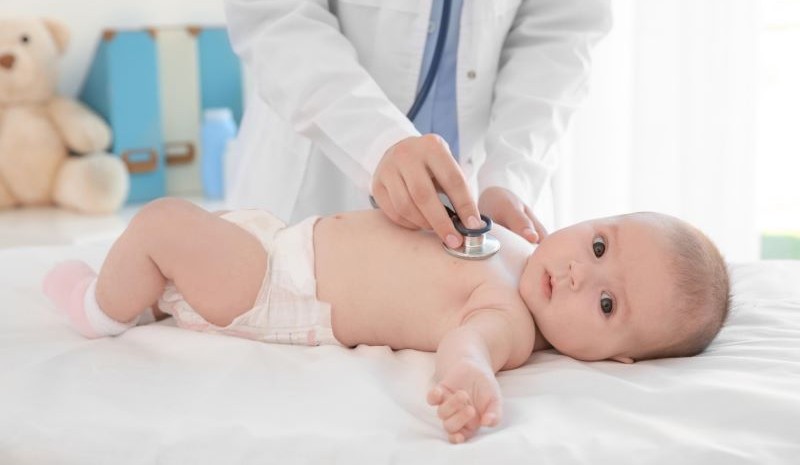Single dose of nirsevimab 90 percent effective against RSV-associated hospitalization among infants
By Elana Gotkine HealthDay Reporter
FRIDAY, March 8, 2024 (HealthDay News) — Receipt of a single dose of nirsevimab is effective for preventing respiratory syncytial virus (RSV)-associated hospitalization for infants, according to research published in the March 7 issue of the U.S. Centers for Disease Control and Prevention Morbidity and Mortality Weekly Report.
Heidi L. Moline, M.D., from the CDC in Atlanta, and colleagues examined nirsevimab effectiveness against RSV-associated hospitalization among infants in their first RSV season during Oct. 1, 2023, to Feb. 29, 2024.
The researchers found that 8 percent of the 699 infants hospitalized with acute respiratory illness received nirsevimab at least seven days before onset of symptoms. The effectiveness of nirsevimab was 90 percent against RSV-associated hospitalization; the median time from receipt to onset of symptoms was 45 days. Nirsevimab effectiveness is expected to decrease with increasing time after receipt due to antibody decay; however, the number of infants who received nirsevimab was too low to stratify by duration from receipt.
“Receipt of a single dose of nirsevimab was highly effective against RSV-associated hospitalization in infants entering their first RSV season,” the authors write. “This finding supports current CDC recommendations that all infants should be protected by maternal RSV vaccination or infant receipt of nirsevimab to reduce the risk for RSV-associated hospitalization in their first RSV season.”
Copyright © 2024 HealthDay. All rights reserved.








